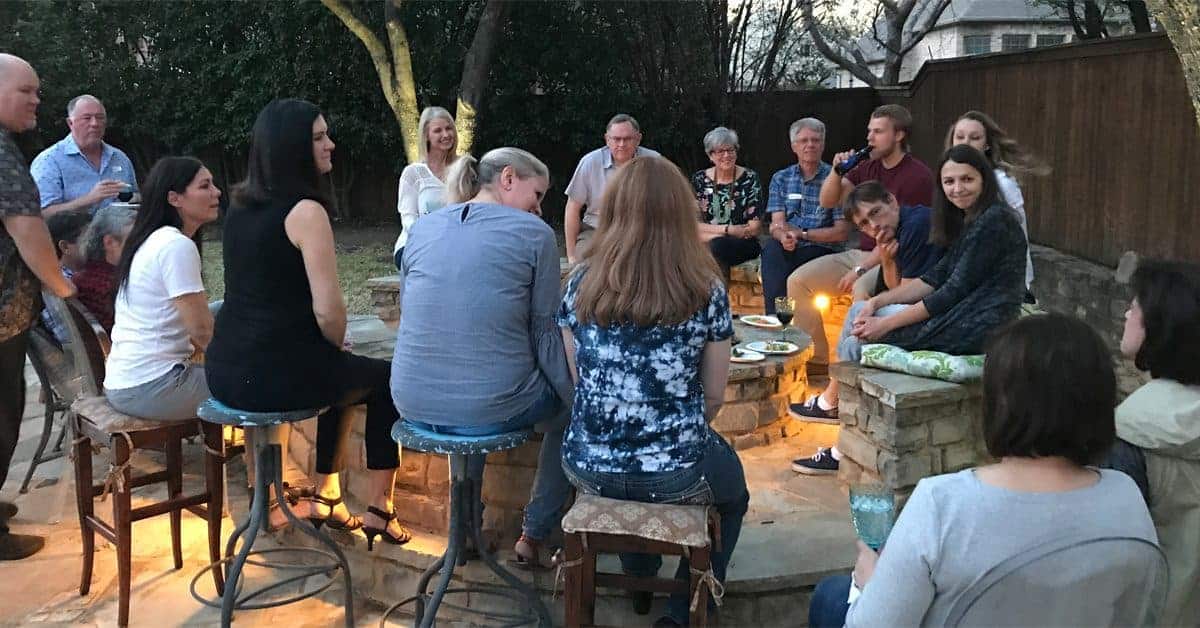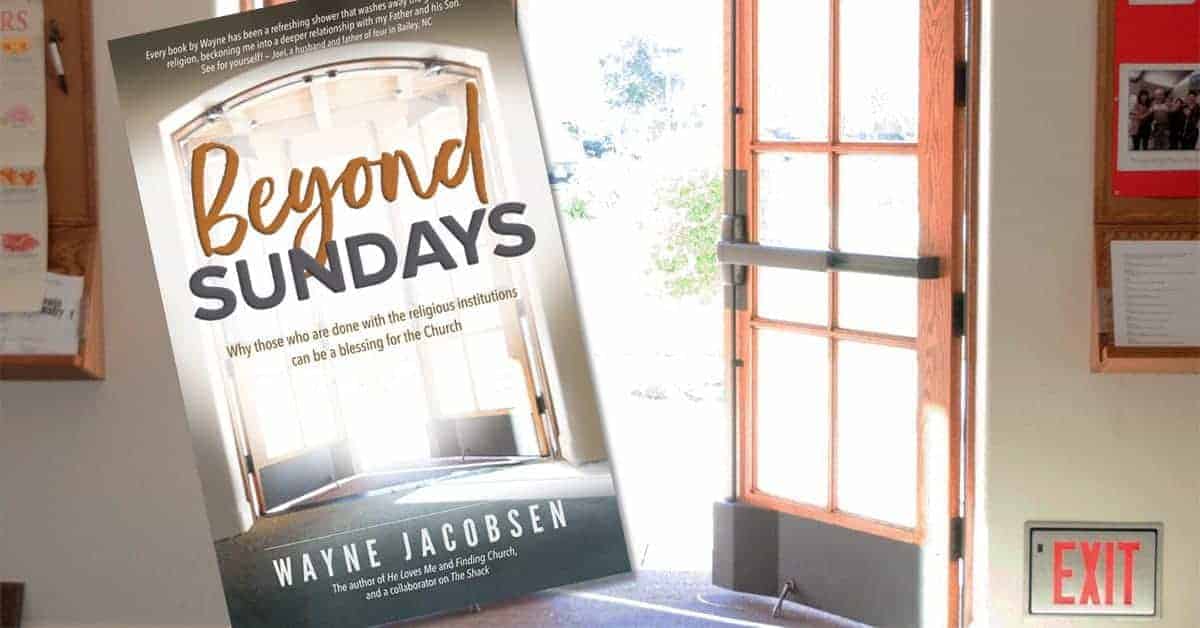Relationships that Thrive
Great relationships are some of the best treasures we get to enjoy in this world of chaos—those where you can laugh together or cry together while deeply caring for each other wherever our journey takes us, especially when they are seeing something differently than I am.
Not all relationships are fantastic, however. Some can be downright toxic and destructive. One sociologist identified emotionally abusive people as those with low self-esteem “who wish to control others rather than engage in mutually respectful relationships that require consideration, empathy, compassion, and kindness,” These people seek to “undermine and overpower” others “regardless of the damage to their target.”
Yes, these people need love too, especially to help encourage them to freedom when they are open to it. But these are unhealthy relationships and require great emotional capacity and confidence in God’s inner work to endure their destructive ways and not internalize their accusations.
One of the things that amazes me about relationships is how quickly people give up on them when they feel hurt and make conclusions that may only be based on their fears. I’m nuts about relational repair because any good relationship will need to overcome the obstacles of human weakness, mistakes, and misunderstandings.
The best relationships in my life have some common elements that make them so incredibly wonderful:
- Authenticity – the freedom not to measure words or pretend to get along. You won’t be rejected by being true to yourself or honest about your feelings with them.
- Room for vulnerability – it’s okay to show weakness or be honest about our struggles because it won’t be used against you in gossip or accusations.
- Play – You can walk through deep water together and find time to relax and breathe by not taking ourselves or each other too seriously. Life is painful enough without also enjoying moments of laughter and joy, even through difficulties.
- Support – the willingness to help each other in practical and meaningful ways as the need arises. And,
- Tenderness – always gentle in speech, with grace to forgive mistakes and forebear with each other’s weaknesses.
When you find friends like this, don’t let misunderstanding or distance rob you of it. Invite the difficult conversations and take on the relational repair that will help you listen to the other, own what you need to own, apologize whenever needed, and restore the friendship to celebrate another day.
And even more than looking for these qualities, ask Jesus to grow them in your heart. Someone always needs to take the lead in restoring old relationships or forging new ones. When you can offer someone the gift of authenticity and the space to explore their journey without manipulating it, you lay the foundation for a friendship that can last a lifetime.
Where might God ask you to sow some seeds into others to see what God does? Relationships don’t just happen in a vacuum; they take some intentionality and a willingness to interrupt the routines of your life enough to open the door to others around you. Jesus wants to lead you as he knits his family together, but you’ll want to participate with him if you want your relationships to grow.
That doesn’t mean every relationship you desire will work out, but enough will to enrich your life and theirs.
Where to from here?
Sara and I are on an RV trip through the mid part of the country. Here are the plans for our upcoming days…
Columbia, MO – September 21
Sara and I finished up in Independence, MO, last night and are moving on today to Columbia, MO, today to meet with some couples at our RV park for a picnic and some conversation beginning at 4 p.m. If you want to join in, email me. Bring yard chairs and a picnic or fast food lunch. Email me for details.
Eureka, MO – September 23
Another gathering is on Saturday afternoon, beginning at 1:30 . We’re encouraging people to bring a yard chair to sit on. If people want to grab dinner somewhere nearby at dinnertime, we will conclude with that. Email me for details.
Little Rock, AR – September 30-October 1
This is going to be a special weekend but without a lot of planning. Sara and I will be staying in the country on some private property with our RV and dogs, and we’ll hang out over the weekend. There is a planned event at 5 p.m. on Sunday that brings a local community of brothers and sisters together.
But we are also making time to hang out on Saturday and Sunday during the day to share the life of Jesus. If you want to join us, grab a place nearby, bring a yard chair, and be ready to go with the flow. We will do some walking and some sitting around to share this journey together and set up times for such via email. So write me if you plan on joining us for two days of sharing life in a relaxed and unstructured way.
Austin, TX – October 6-7
Two gatherings here.
- Friday night, October 6, 6:00 p.m.You’re welcome to come a little early if you can. For planning purposes, please let us know you are coming by texting or calling Clyde at 512-789-4515 or Ralph at 512-415-2271, and they will give you the address.
- Saturday, October 7, 4:00 p.m.
Saturday gathering (including food) starts at the Eason house. Here’s the link to the Eventbrite link if you are interested in joining us. Space is limited here, so RSVP early if you want to come.
Wimberly, TX – October 11
More details to come, but a Wednesday night gathering is in the works. Email me for details.
San Antonio, TX – TBD
More details to come, but a gathering sometime that week is in the planning stages. Email me for details.
More to come as we head north through Texas and across the I-40 corridor to California.




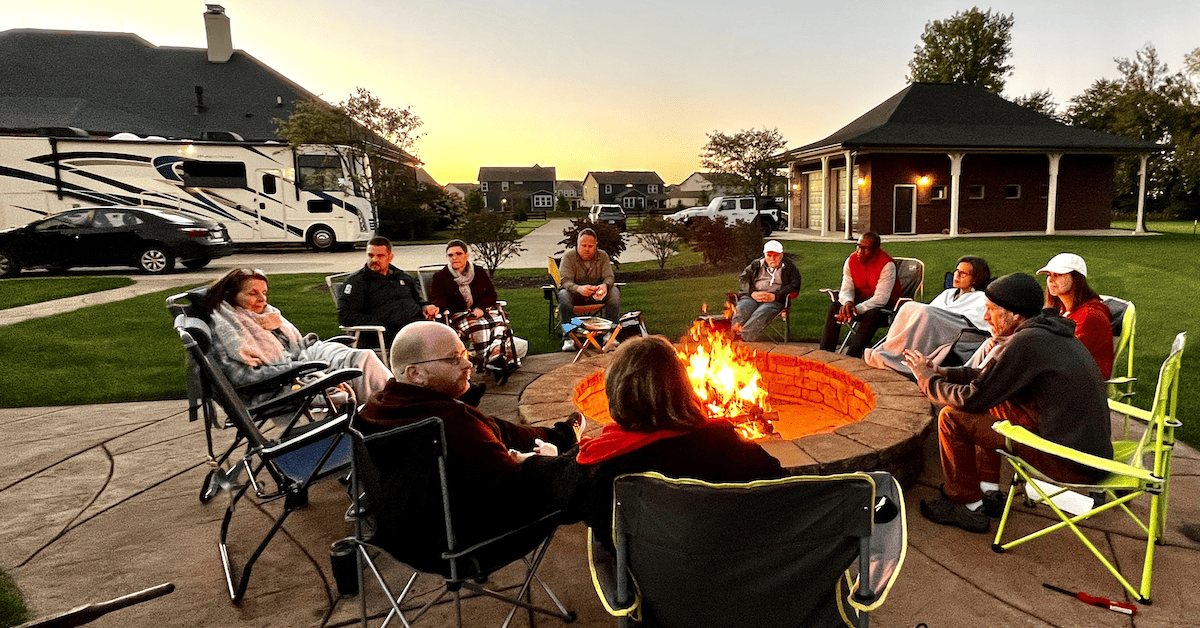



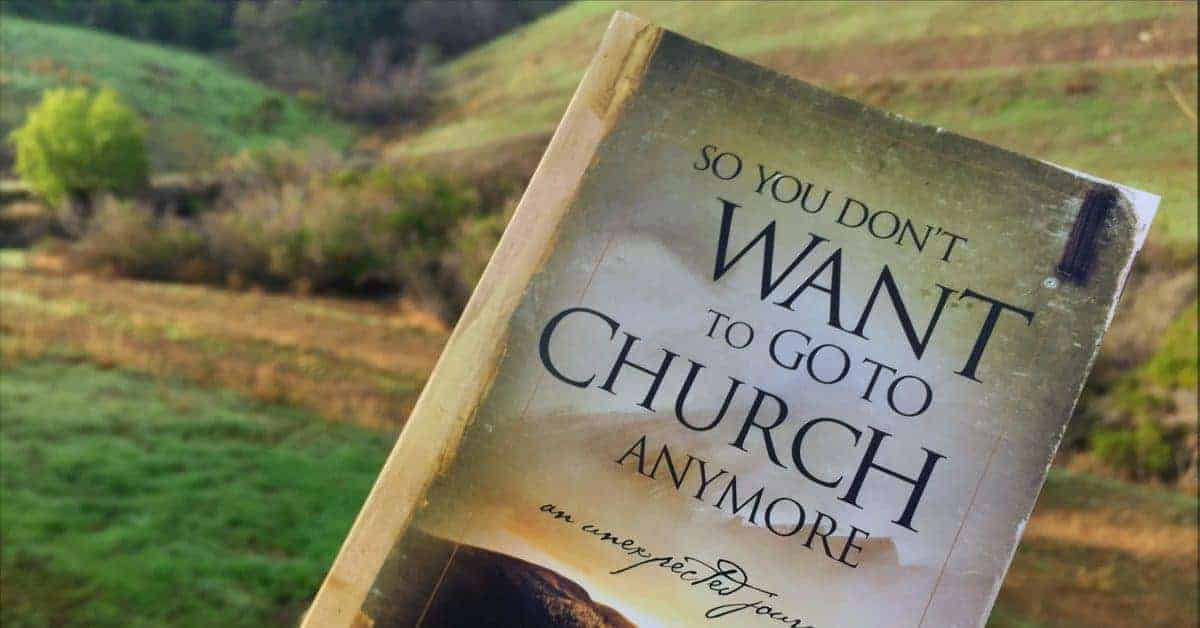
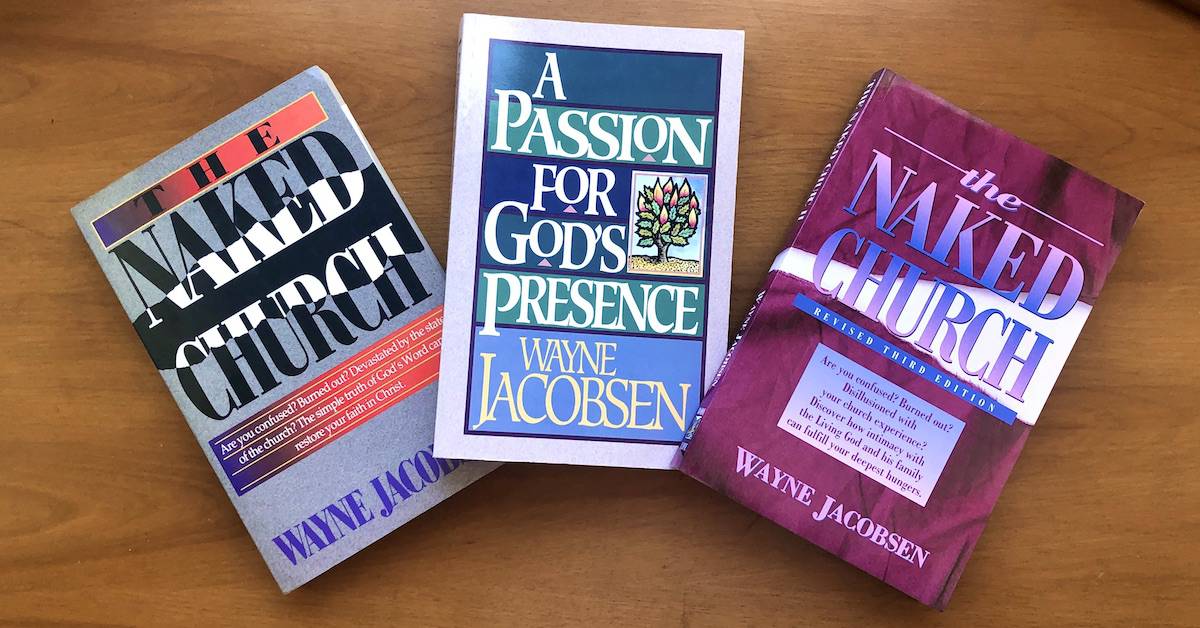
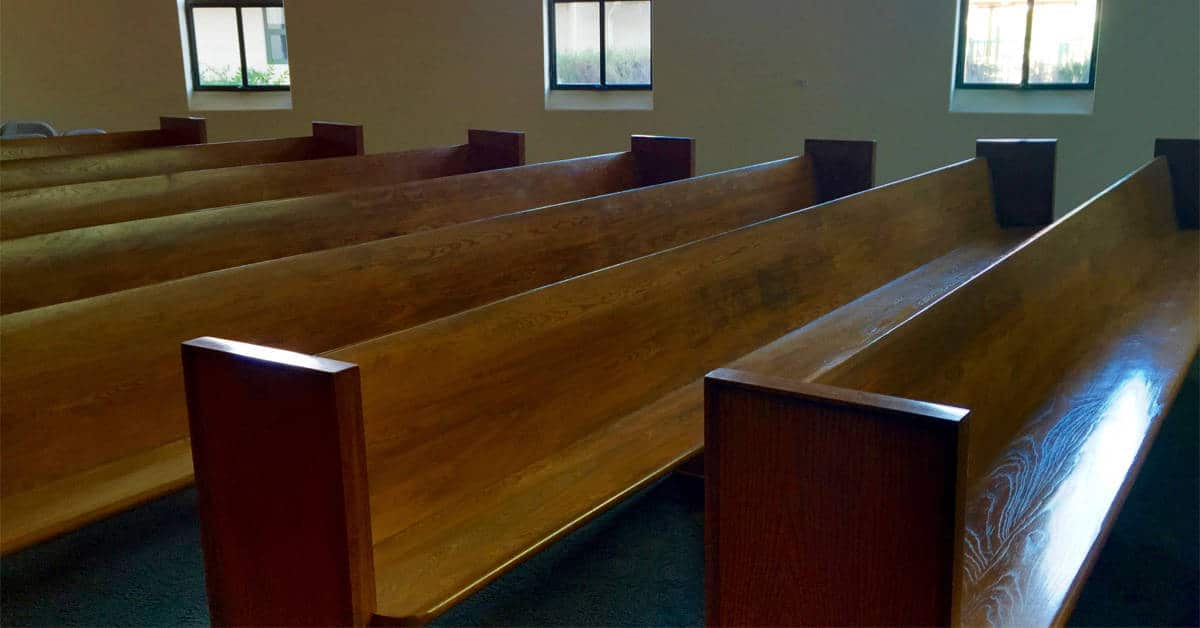
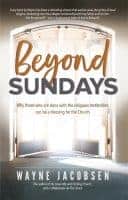 Beyond Sundays
Beyond Sundays
